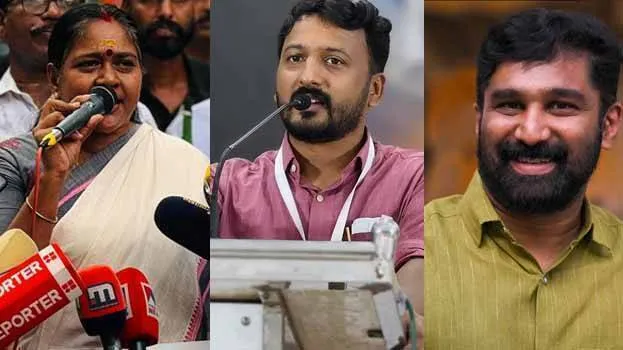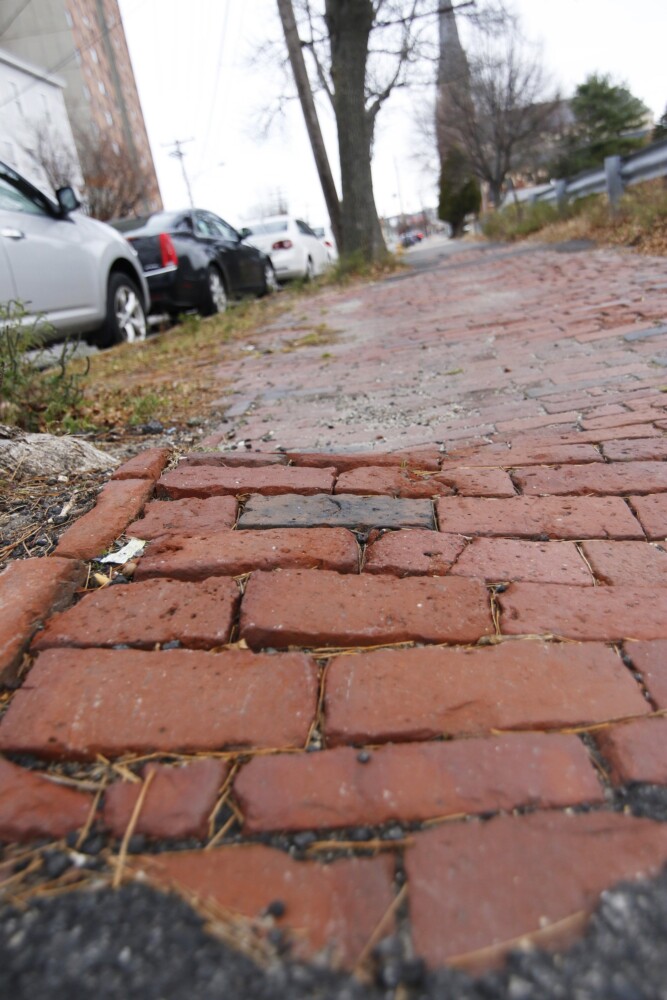
Residents in the northern Emirates can now save on their monthly electricity bills by installing rooftop solar panels, which generate clean and renewable energy. Through the new initiative, EtihadWE customers, including residential, industrial, and agricultural customers, will be offered rooftop photovoltaic (PV) systems that allow them to generate solar power. This is part of the Distributed Solar Systems (DSS) initiative, a collaborative effort between the Ministry of Energy and Infrastructure (MoEI) and EtihadWE aimed at promoting the use of sustainable energy in the northern Emirates and paving the way for an 'energy-secure' future.
Stay up to date with the latest news. Follow KT on WhatsApp Channels. How it works The solar energy generated will be absorbed back into the grid, contributing to the overall renewable energy supply across the northern Emirates.

Although consumers will not directly use the energy produced by their solar panels, they will benefit from reduced energy bills as a reward for contributing to the renewable energy system. Currently, three main sectors can apply for this kind of installations — the industries, residential units and agricultural businesses. Speaking to Khaleej Times in Abu Dhabi on Tuesday, Eng Sharif Al Olama, Undersecretary for Energy and Petroleum Affairs at MoEI, said, "Whatever investment is put into these panels, consumers will get a return on their investment within two to three years, which is a very attractive investment.
After this, the beneficiary will see the benefits of solar installations. It will be reflected in their electricity bills, and they'll see a reasonable amount of reduction in their electricity bills." Highlighting the process and workflow developed for this initiative, Olama further explained that it draws inspiration from Dewa's Shams Dubai solar programme, which operates on the concept of 'net metreing.
' This enables customers to install solar panels and generate electricity, lowering their monthly utility bills. Olama added, "The target for the year is 20 megawatts. So, when it gets to that level, we will stop taking applications.
Shams Bay has been in effect for several years, and it's a successful programme. So, we communicated with Dewa. We got a list of the approved contractors, approved makeup, inverters and others and we are applying almost a similar approach in the northern Emirates.
"For us, the health and safety of the customers comes first. Apart from that, the applicant must comply with this list of approved contractors and equipment. At the same time, they also have to communicate with the respective authorities to get the NOCs like the municipality or maybe the Civil Defense.
" Customers to have two metres Customers participating in the initiative will have two metres: one to track energy exported to the grid and another to track energy imported. Each month, the exported and imported energy will be compared. If the energy exported to the grid exceeds the energy imported, the surplus will be credited to the customer’s account for use within the same year.
The entire process, from the application stage to installation, is expected to take no more than two to three weeks. Workshops and awareness sessions will be provided to guide interested customers through obtaining NOCs and ensure they have all the support..














